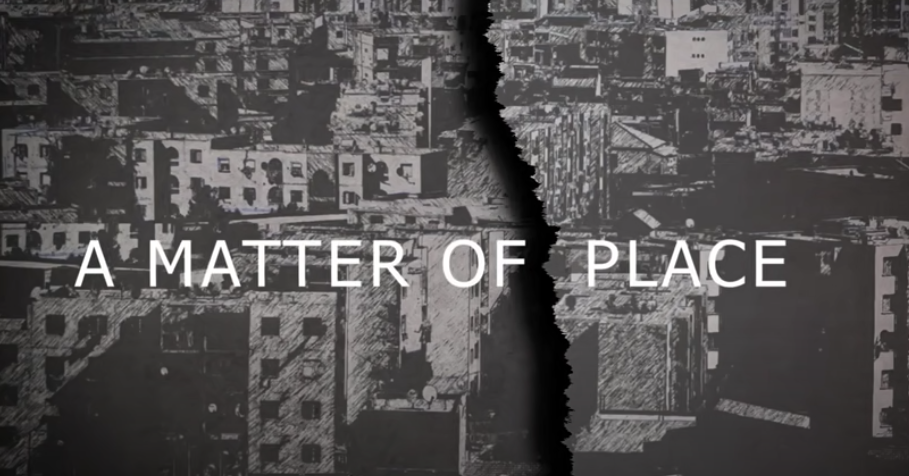Fair Housing
Long Island Board of REALTORS® is committed to fair housing for everyone. By ensuring that everyone can choose where they want to live, those of us who call Long Island home have an opportunity to build stronger communities, support more stable neighborhoods and create a more attractive environment for businesses to relocate and grow.
PROUD MEMBER OF


Latest on Fair Housing
What Are the Protected Classes Under the New York State Human Rights Law?
The Federal Fair Housing Act, the New York State Human Rights Law, and local laws, such as the New York City Human Rights Law and the Nassau County and Suffolk County Human Rights Law, make it illegal to discriminate in the sale, lease, purchase, rental, or financing of any housing accommodation, or making housing otherwise unavailable, because of a protected characteristic.
Home for All of Us:
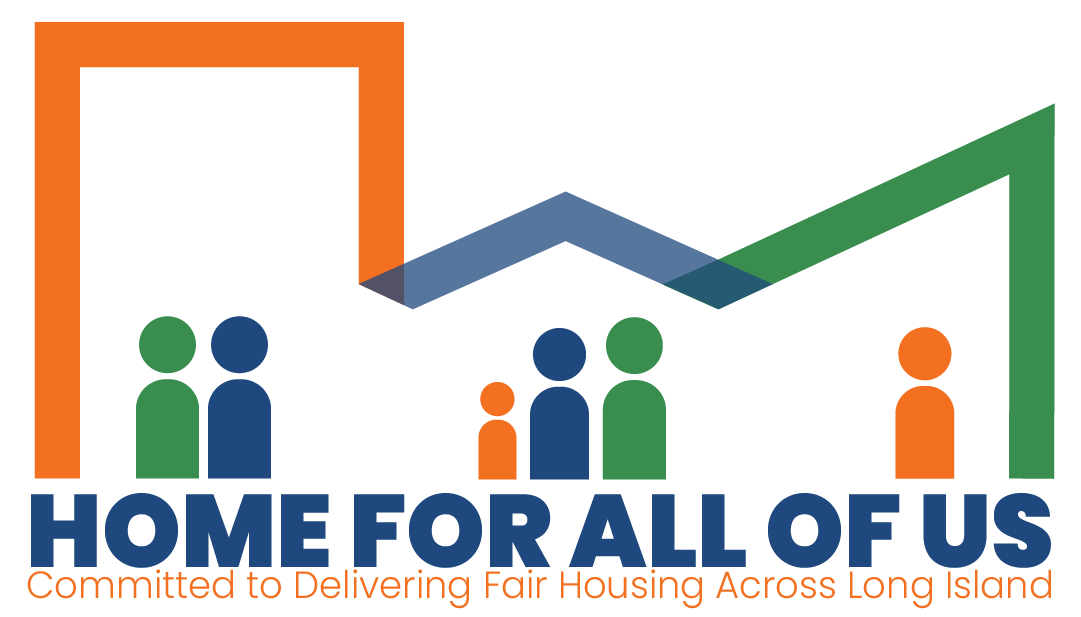
Fair housing is for everyone. By ensuring that everyone can choose where they want to live, those of us who call Long Island home have an opportunity to build stronger communities, support more stable neighborhoods and create a more attractive environment for businesses to relocate and grow.
Visit HomeForAllOfUs.org
Co-branded Resources:
Protect Your Clients and Colleagues
Download and co-brand our customizable Seller Obligations and Landlord Obligations flyers and include with your marketing packets to help ensure housing is being offered in ways that treat all people equitably.
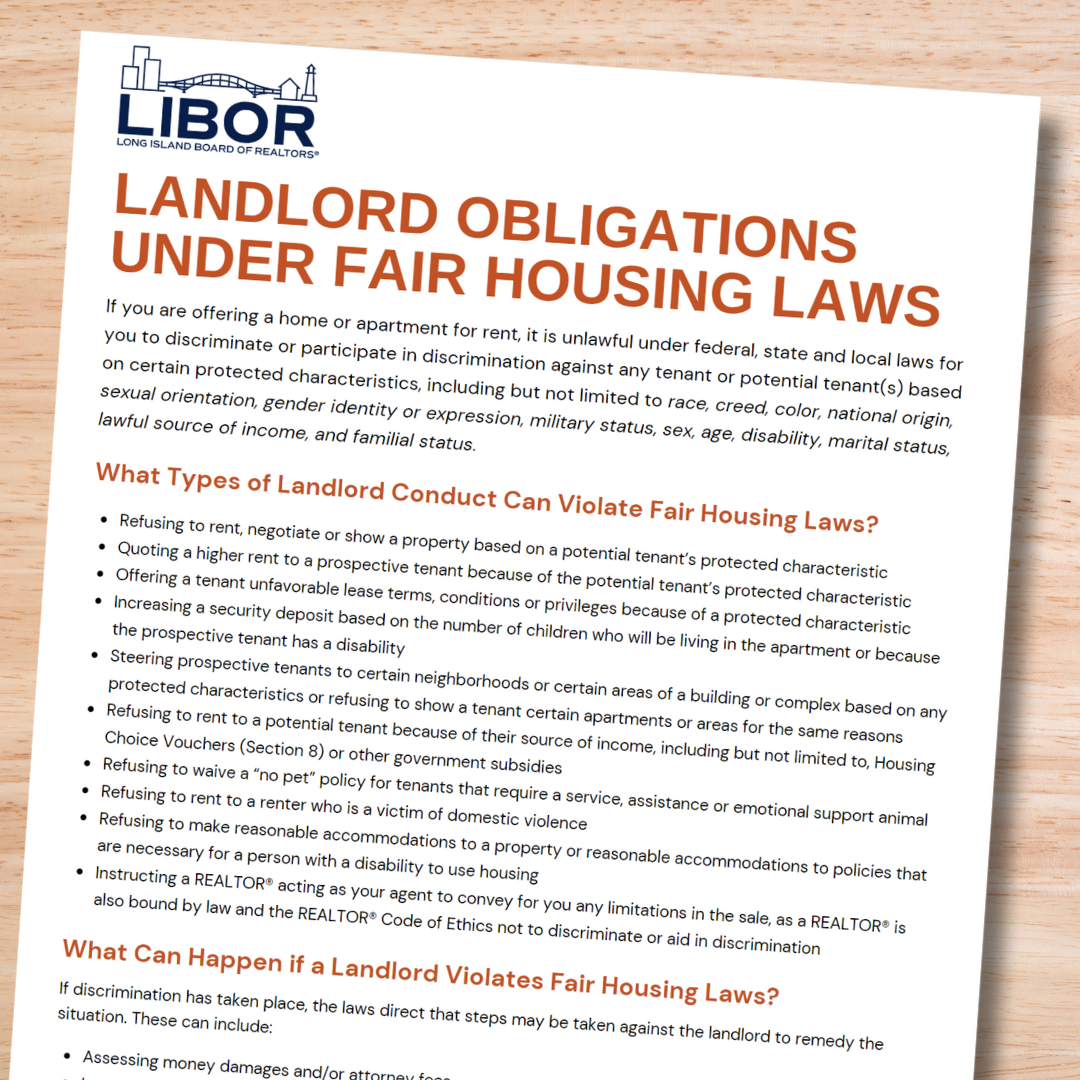
Landlord Obligations Under the Law - Download the PDF ⭳
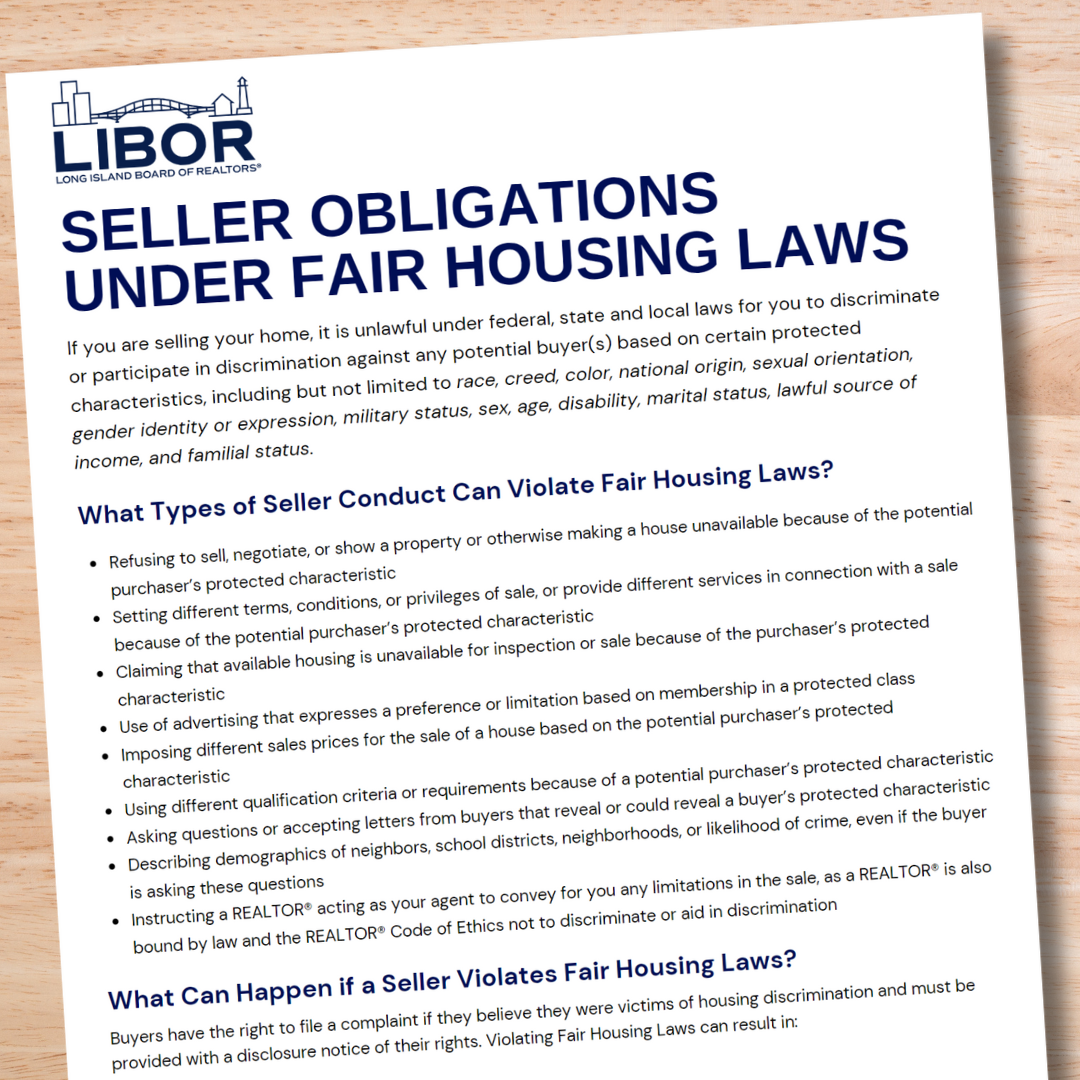
Seller Obligations Under the Law - Download the PDF ⭳
Latest News
-
Fair Housing Still Matters
Apr 16, 2025
-
NYC: Closing the Co-Op Fair Housing Loophole In Media Spotlight Again
Jan 15, 2025
-
New York State Pauses $3M Fair Housing Testing Program
Sep 12, 2024
Upcoming Events
-
NAR Litigation Settlement – What it Means for LIBOR Member
Apr 2, 2024
-
Co-op and Condo Due Diligence Virtual Class
Apr 10, 2024
-
Down Payment Resources for the Entry-Level Buyer
May 7, 2024
Fair Housing Resources

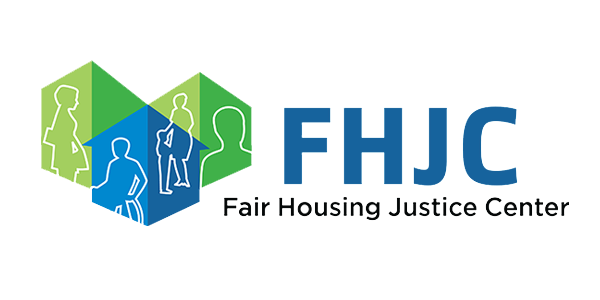
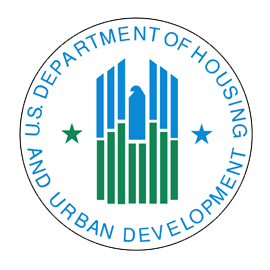
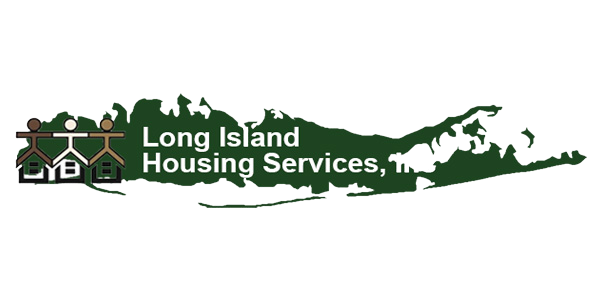


Videos on Fair Housing
Podcasts on Fair Housing

House Rules
Where you live is important. It can dictate quality of schools and hospitals, as well as things like cancer rates, unemployment, or whether the city repairs roads in your neighborhood. On this week's show, stories about destiny by address.

Fair Housing: Who's Being Left Out of the Conversation? | Drive with NAR
Issues of equality, including fair housing, are often viewed through the prism of the struggle between Blacks and Whites. But that vantage point excludes many other people of different backgrounds who may continue to feel invisible.

Reckoning with America’s Racial Residential Segregation | At Liberty
Housing is the bedrock of American society, and one of the major determinants for life outcomes like health, income, and educational opportunity.

Help Clients Get an Objective View of Local Schools | Drive With NAR
You can’t offer an opinion about school quality, but you can point customers toward data, resources and the right people to talk to about their concerns.

Why Take Fair Housing Training If You Know the Law? | Drive With NAR
Listen to this argument for continuing fair housing education as an opportunity to challenge yourself and your business practices for the better.
This American Life Podcast
Where you live is important. It can dictate quality of schools and hospitals, as well as things like cancer rates, unemployment, or whether the city repairs roads in your neighborhood. On this week's show, stories about destiny by address.

Touro Law Review with Patrick Fife
Mr. Fife and Mr. Wilder discuss the changes that were made in real estate practices and laws following the Newsday Long Island Divided investigation.

Reveal Podcast
Reporters analyzed 31 million government mortgage records and determined that people of color were more
Books on Fair Housing
.png?sfvrsn=3ea40229_1)
So You Want to Talk About Race
In So You Want to Talk About Race, Editor-at-Large of the Establishment Ijeoma Oluo offers a contemporary, accessible take on the racial landscape in America, addressing head-on such issues as privilege
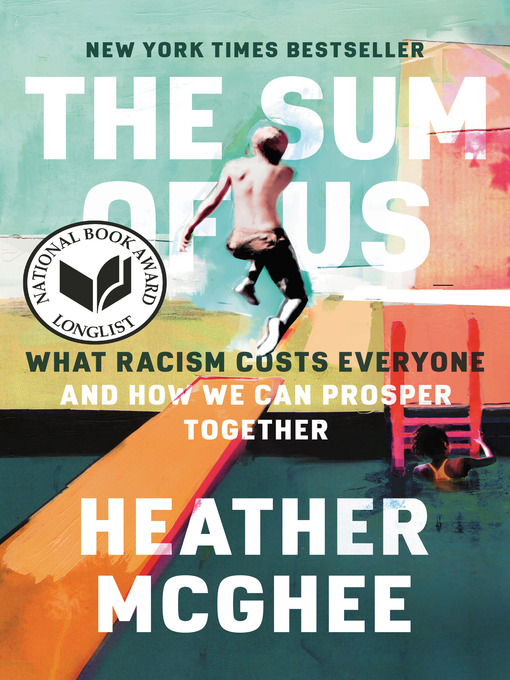
The Sum of Us - What Racism Costs Everyone and How We Can Prosper Together
One of today’s most insightful and influential thinkers offers a powerful exploration of inequality and the lesson that generations of Americans have failed to learn: Racism has a cost for everyone—not just for people of color.
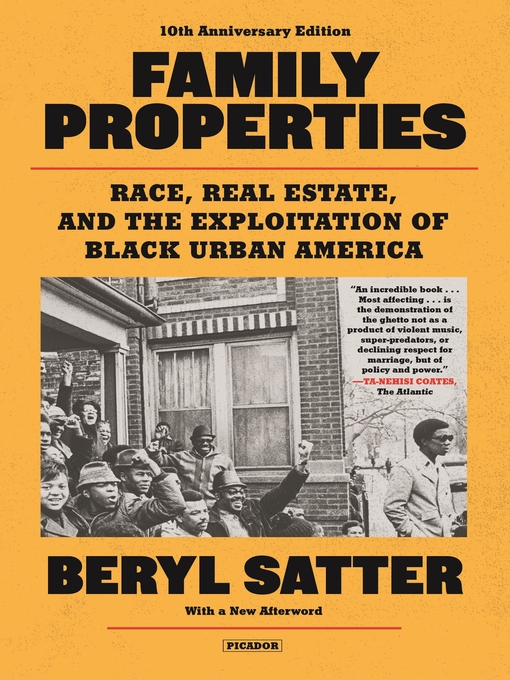
Family Properties - Race, Real Estate, and the Exploitation of Black Urban America
Part family story and part urban history, a landmark investigation of segregation and urban decay in Chicago — and cities across the nation.
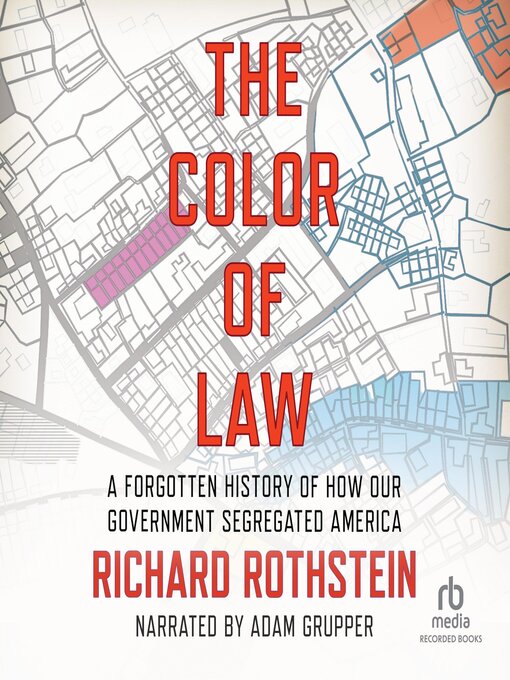
The Color of Law: A Forgotten History of How Our Government Segregated America
Exploding the myth of de facto segregation arising from private prejudice or the unintended consequences of economic forces, Rothstein describes how the American government systematically imposed residential segregation.
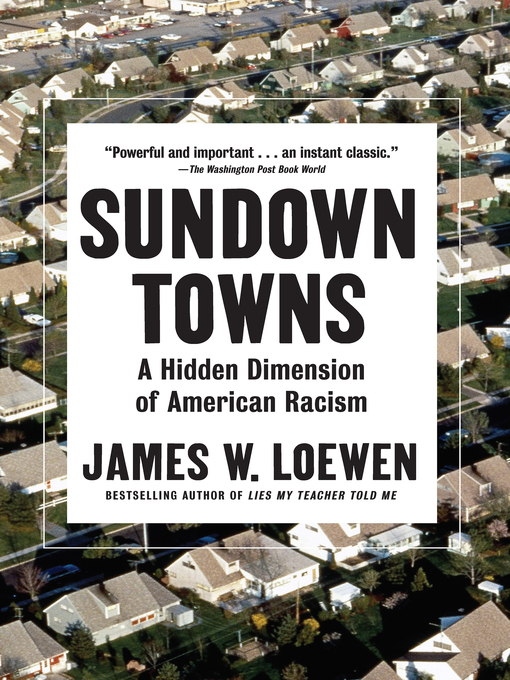
Sundown Towns - A Hidden Dimension of American Racism
In a provocative, sweeping analysis of American residential patterns, Loewen uncovers the thousands of “sundown towns”—almost exclusively white towns where it was an unspoken rule that blacks could not live there.

Wilmington's Lie The Murderous Coup of 1898 and the Rise of White Supremacy
From Pulitzer Prize-winner David Zucchino comes a searing account of the Wilmington riot and coup of 1898, an extraordinary event unknown to most Americans. There were successful black-owned businesses and an African American newspaper, The Record.
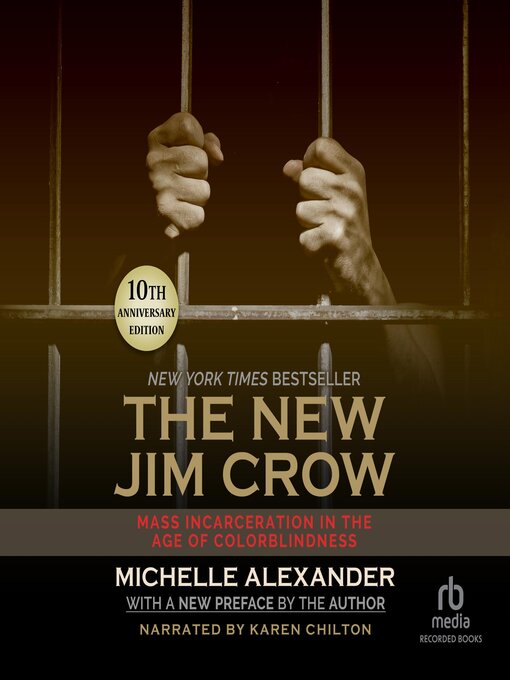
The New Jim Crow
Seldom does a book have the impact of Michelle Alexanders The New Jim Crow. Since it was first published in 2010, it has been cited in judicial decisions and has been adopted in campus-wide and community-wide reads;
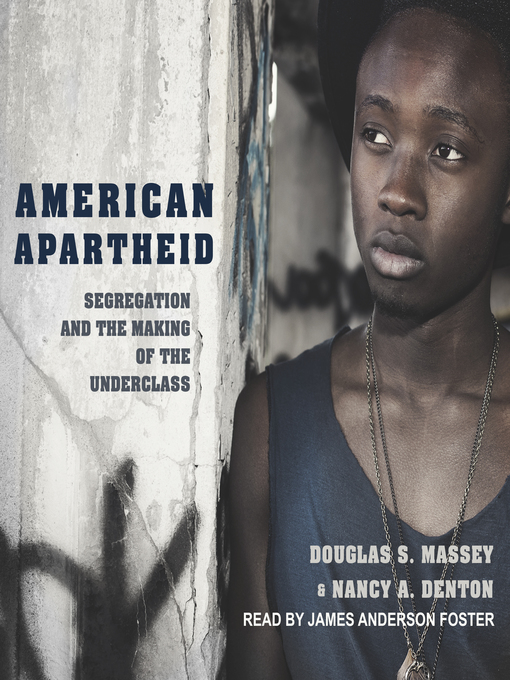
American Apartheid
American Apartheid shows how the black ghetto was created by whites during the first half of the twentieth century in order to isolate growing urban black populations.





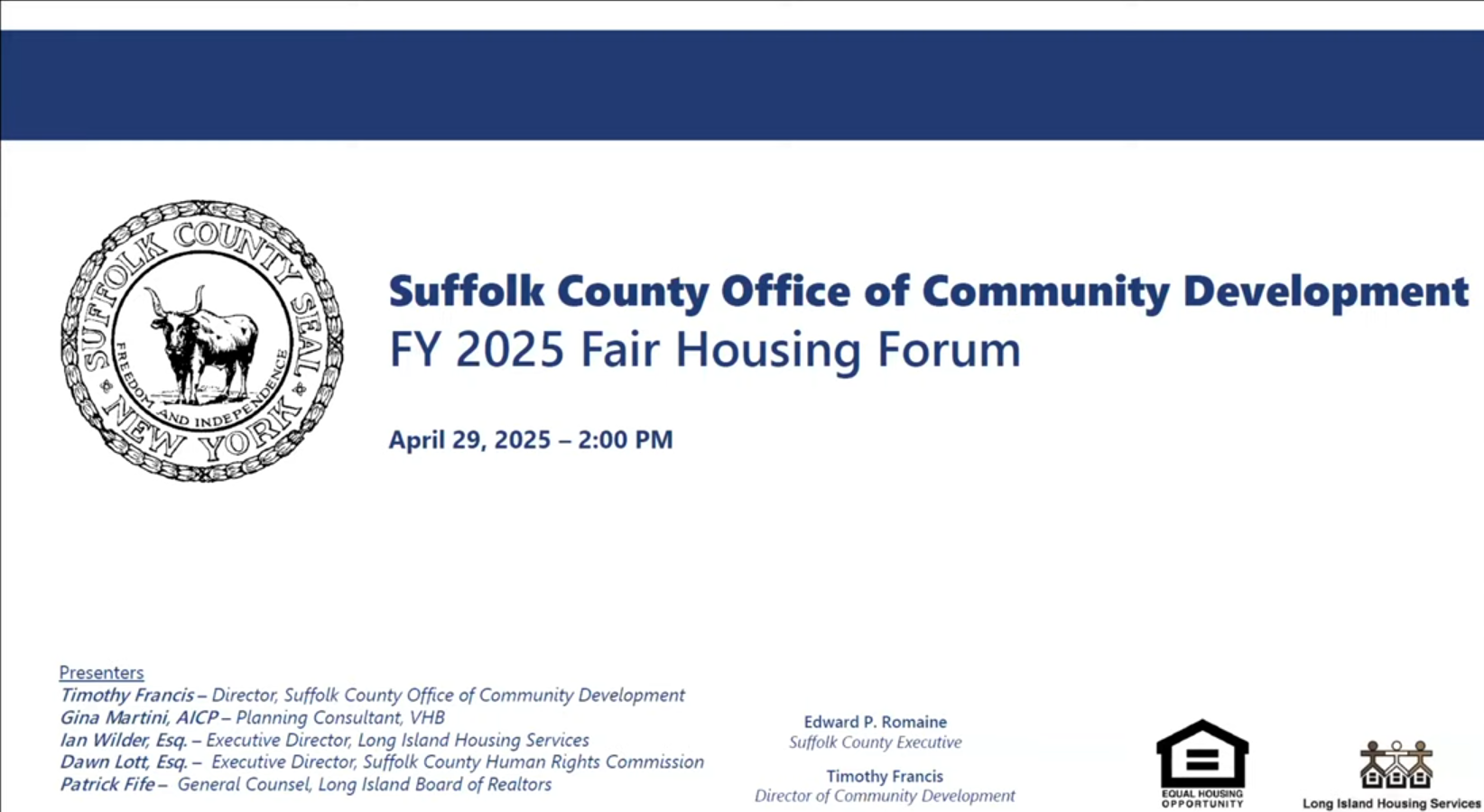

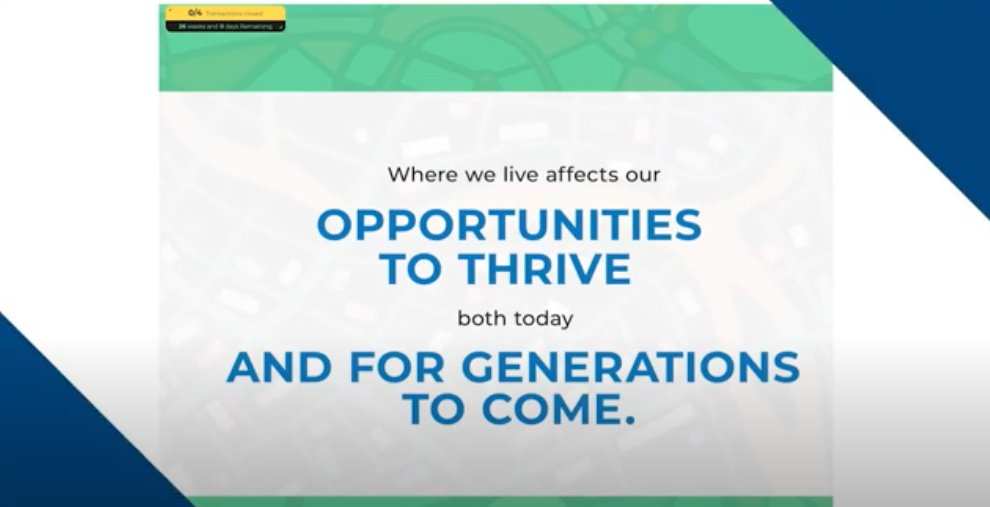
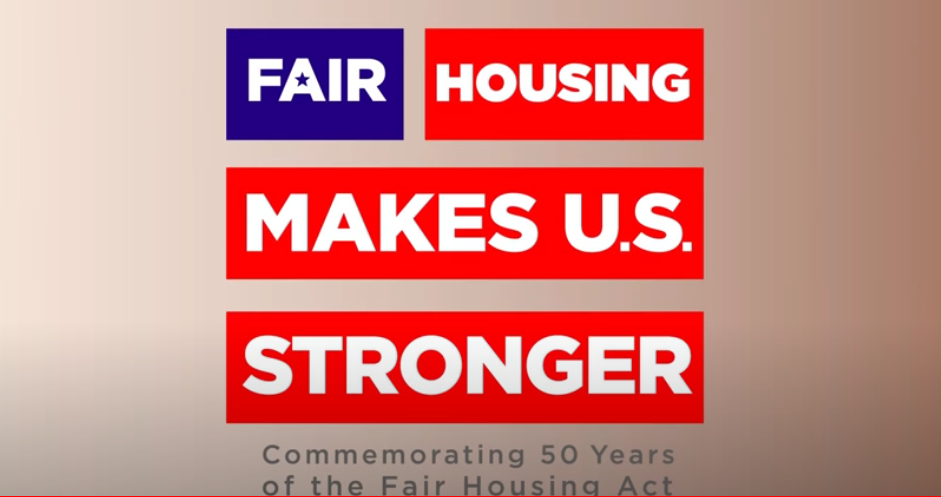
.png?sfvrsn=e1b45ab7_1)
